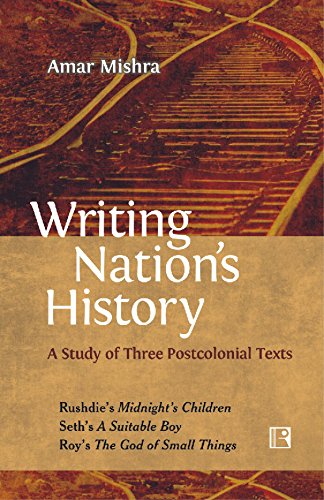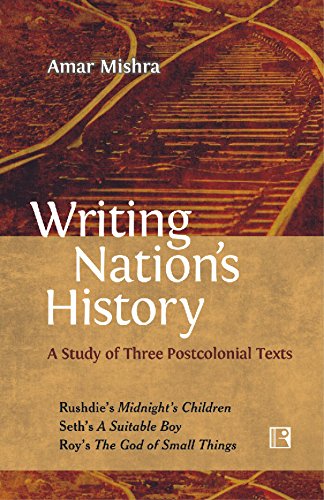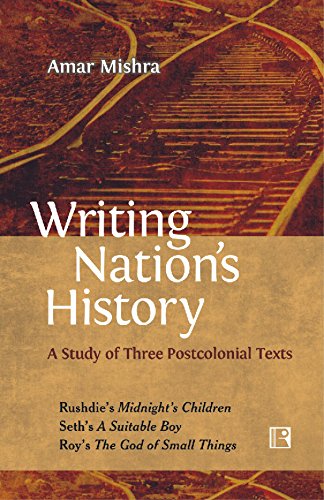Writing Nation's History: A Study of Three Postcolonial Texts
Writing Nation's History: A Study of Three Postcolonial Texts is backordered and will ship as soon as it is back in stock.
Couldn't load pickup availability
Genuine Products Guarantee
Genuine Products Guarantee
We guarantee 100% genuine products, and if proven otherwise, we will compensate you with 10 times the product's cost.
Delivery and Shipping
Delivery and Shipping
Products are generally ready for dispatch within 1 day and typically reach you in 3 to 5 days.
Book Details
-
Author: Mishra, Amar
-
Publisher: Rawat Publications
-
Language: English
-
Edition: 2014
-
ISBN: 9788131606636
-
Pages: 200
-
Cover: Hardcover
-
Dimensions: 8.7 x 5.7 x 0.8 inches
About the Book
Writing Nation’s History: A Study of Three Postcolonial Texts explores the concept of 'nationhood' as a socio-political construct through the postcolonial perspectives of three renowned authors: Salman Rushdie, Vikram Seth, and Arundhati Roy. Despite differences in their linguistic and stylistic approaches, these authors delve into themes of identity and resilience, examining how religion, language, caste, sex, family, community, and the collective past shape the Indian identity. India is portrayed as a vibrant collage, blending numerous cultures, nationalities, and traditions within a pluralistic society. Through their canonical works, Rushdie, Seth, and Roy highlight the struggles of socially marginalized groups and their impact on both the individual and the nation. The book is divided into insightful chapters that analyze Rushdie's Midnight’s Children, Seth’s A Suitable Boy, and Roy’s The God of Small Things—each offering a unique perspective on the construction of nationhood in postcolonial India. This thought-provoking study will appeal to anyone interested in postcolonial literature, national identity, and the complexities of modern Indian society.





